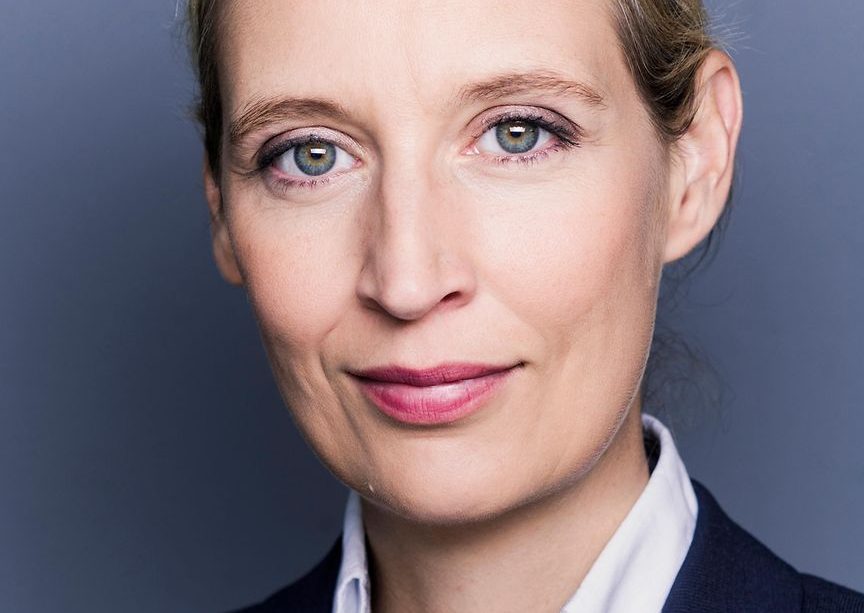Alice Weidel: A Prominent Voice in German Politics

Introduction
Alice Weidel is a significant figure in German politics and the co-leader of the Alternative for Germany (AfD) party. Her rise to prominence has been marked by controversy, as well as a strong following among those disillusioned with traditional political parties. Understanding Weidel’s influence provides insight into the shifting dynamics of Germany’s political landscape, especially in the context of rising populism and nationalism.
Political Background
Born on February 6, 1979, in Gütersloh, Weidel studied economics and worked in the financial sector before entering politics. After joining the AfD in 2013, she quickly climbed the ranks, becoming its parliamentary leader in the Bundestag. Under her co-leadership, the party has positioned itself as a major opposition force in German politics, particularly opposing immigration policies and the European Union’s influence on national sovereignty.
Controversies and Critiques
Weidel’s political career has not been without controversy. She has faced backlash for her past comments and the party’s hardline stance on immigration, which some critics argue promotes xenophobia. In 2017, her past statements sparked debate about her suitability as a representative of a progressive Germany. Despite this, Weidel has maintained a strong base of support, particularly in the eastern regions of the country, where dissatisfaction with mainstream parties is particularly pronounced.
Recent Events and Political Landscape
In recent months, Weidel has been vocal in national discussions surrounding Germany’s economic recovery post-COVID-19, advocating for policies that prioritise local businesses and challenge government spending. As Germany prepares for upcoming elections in 2025, the AfD continues to gain ground in opinion polls, with Weidel often at the forefront of the party’s campaigning efforts. Her ability to connect with everyday citizens through social media platforms has further cemented her status as a prominent figure.
Conclusion
Alice Weidel’s political journey reflects broader trends in German society, marked by dissatisfaction with traditional politics and a desire for new solutions. As the AfD continues to shape discussions on key issues such as immigration and economic policy, her role is likely to remain pivotal. Observers of German politics will need to watch Weidel’s moves closely, as they may significantly influence the trajectory of the AfD and the overall political climate in Germany going forward.









